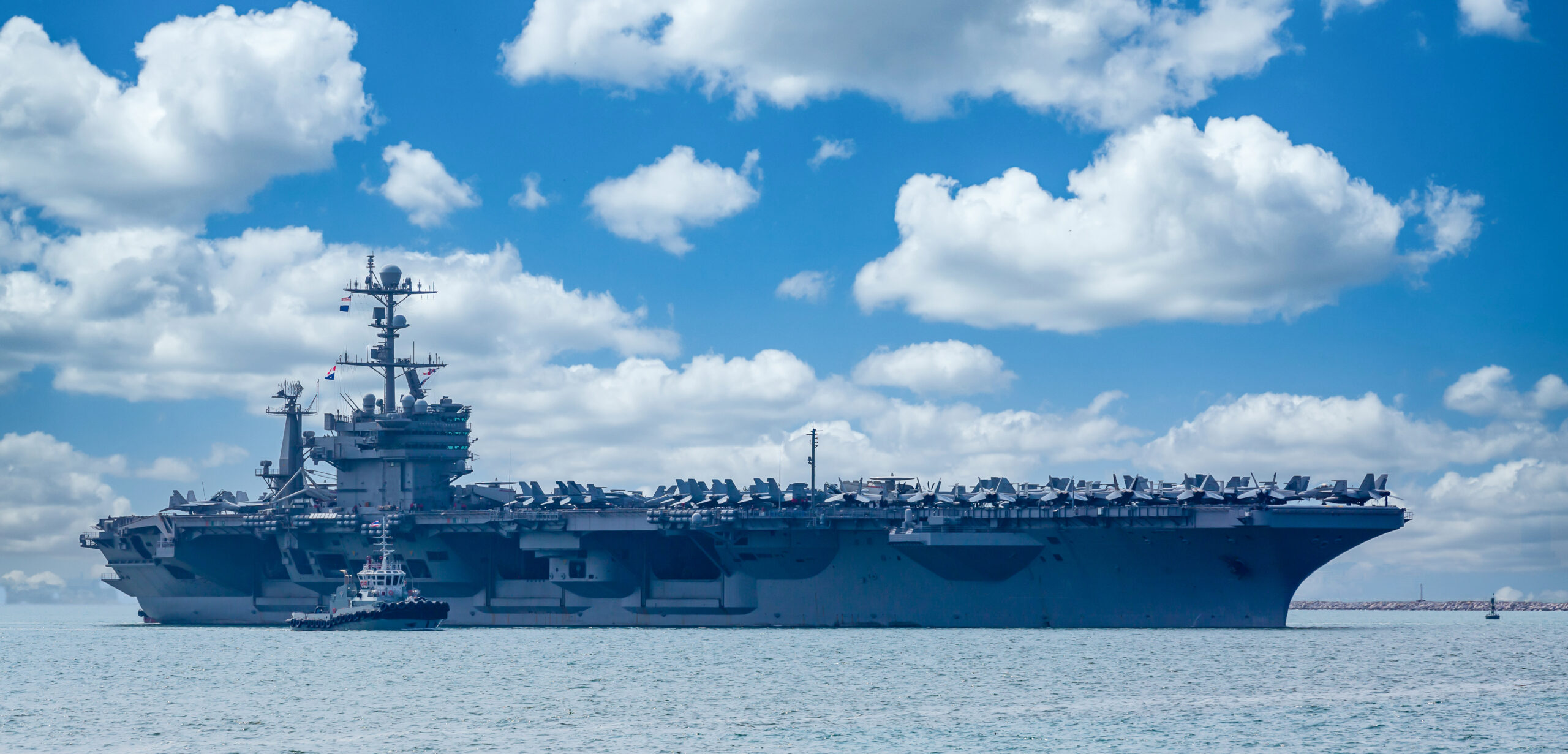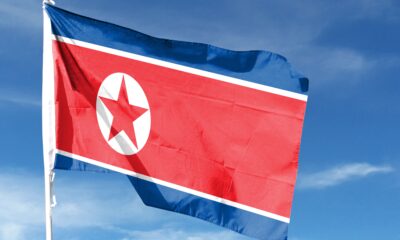NATO Secretary General Agrees With VP Vance: Europe Must Step Up On Defense

Vice President J.D. Vance and NATO Secretary General Mark Rutte met on Friday during the Munich Security Conference, where Rutte acknowledged the Trump administration’s push for Europe to take on more defense responsibilities. Rutte emphasized the need for NATO’s European members to “step up” and acknowledged that they “have to grow up in that sense and spend much more” on defense.
The meeting marked Vance’s first bilateral engagement at the conference and his second meeting with Rutte since taking office. Speaking ahead of their discussions, Vance made clear that burden-sharing within NATO and a resolution to the Ukraine conflict were top priorities for the administration. He underscored President Donald Trump’s position that the U.S. remains committed to NATO but expects European allies to contribute more to defense efforts.
“We want to make sure that NATO is actually built for the future,” Vance stated. “And we think a big part of that is ensuring that NATO does a little bit more burden-sharing in Europe so the United States can focus on some of our challenges in East Asia.”
Rutte, formerly the Prime Minister of the Netherlands, expressed appreciation for American leadership but did not shy away from admitting that Europe needs to take on a greater role in its own defense. “You’re absolutely right. It has to be done,” he told Vance. “We are simply not producing enough. We are not keeping up with the Russians and the Chinese.”
On the topic of Ukraine, Rutte made clear that any peace settlement must be lasting, rejecting the idea of another Minsk-style agreement. “No Minsk again. So it has to be lasting,” he said, referring to previous ceasefire agreements that ultimately failed to prevent further Russian aggression. “Putin should never try it again.”
The discussions between Vance and Rutte signal a growing alignment on NATO reform and European defense spending, with the Trump administration continuing to push for a stronger commitment from allied nations.
























